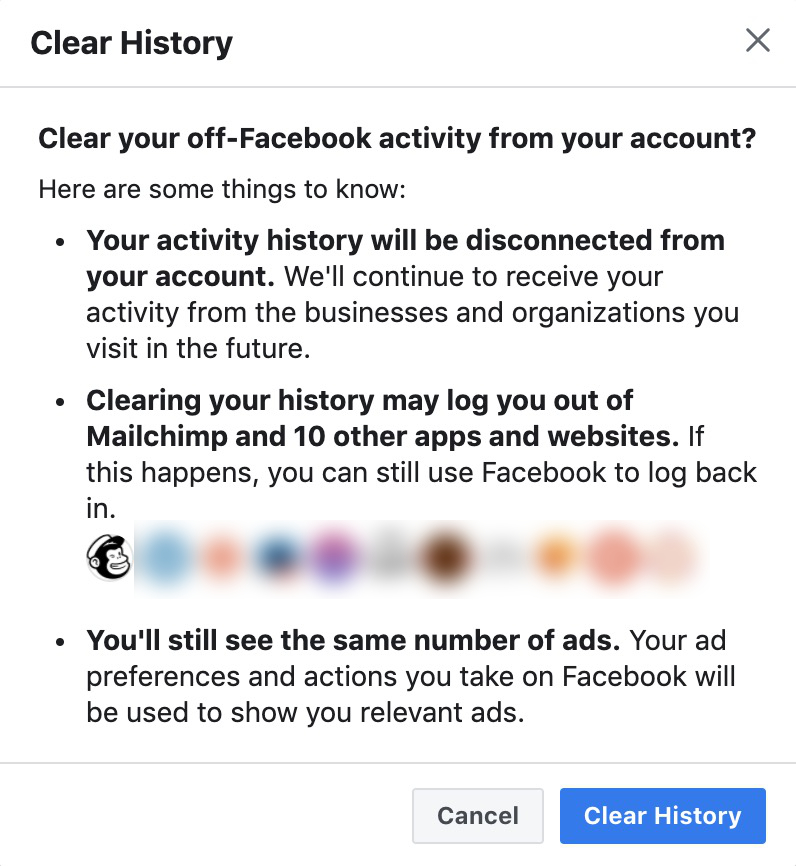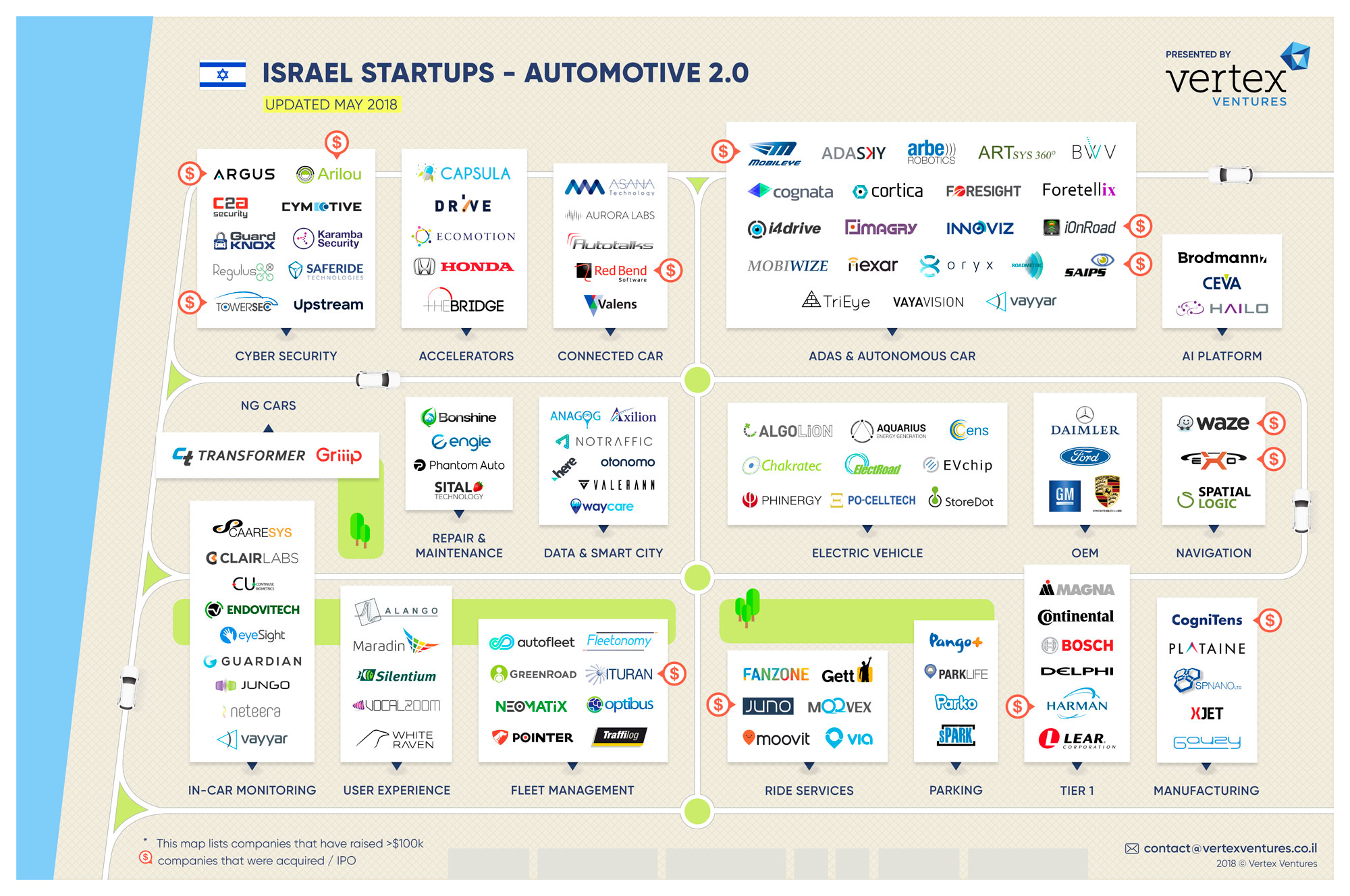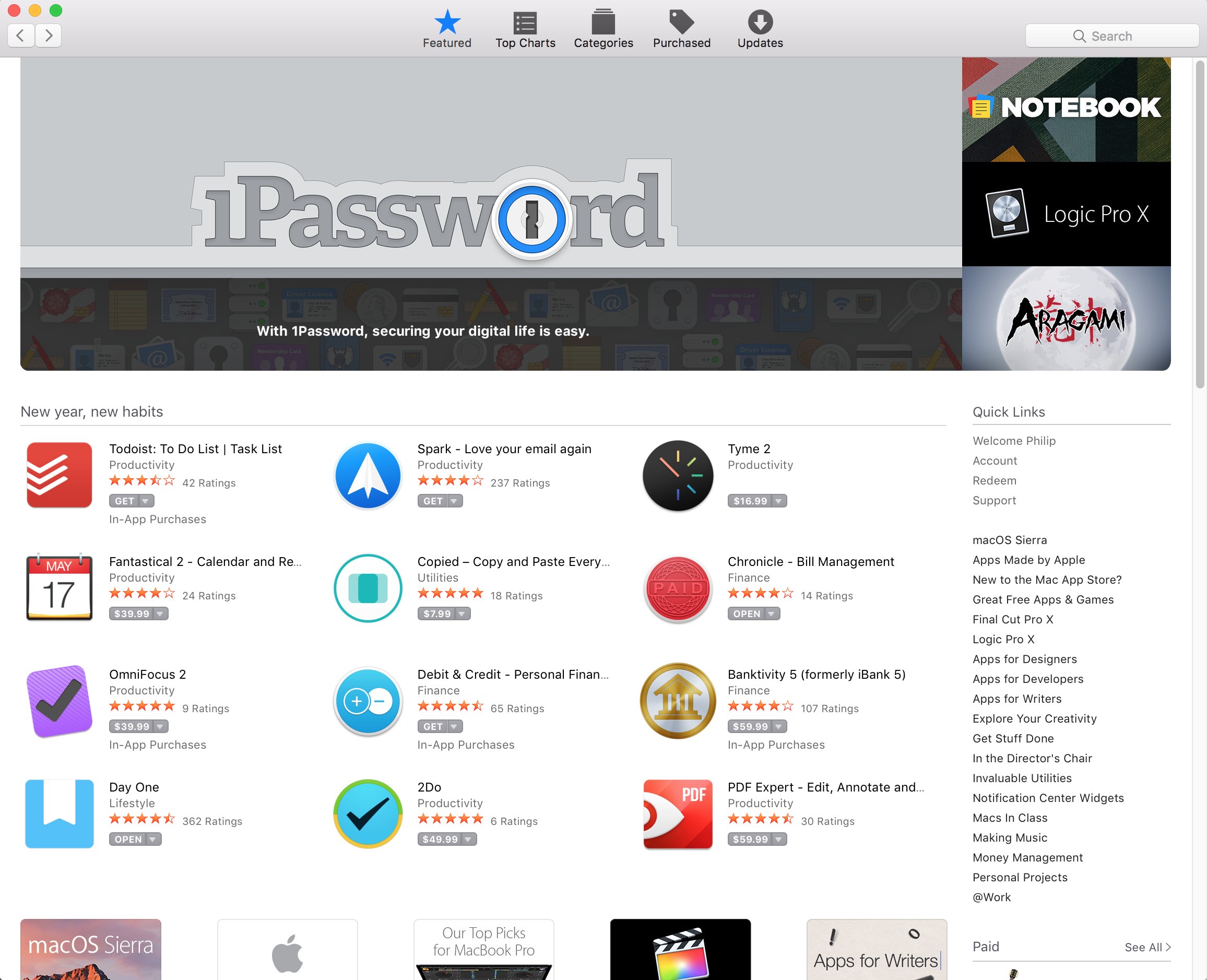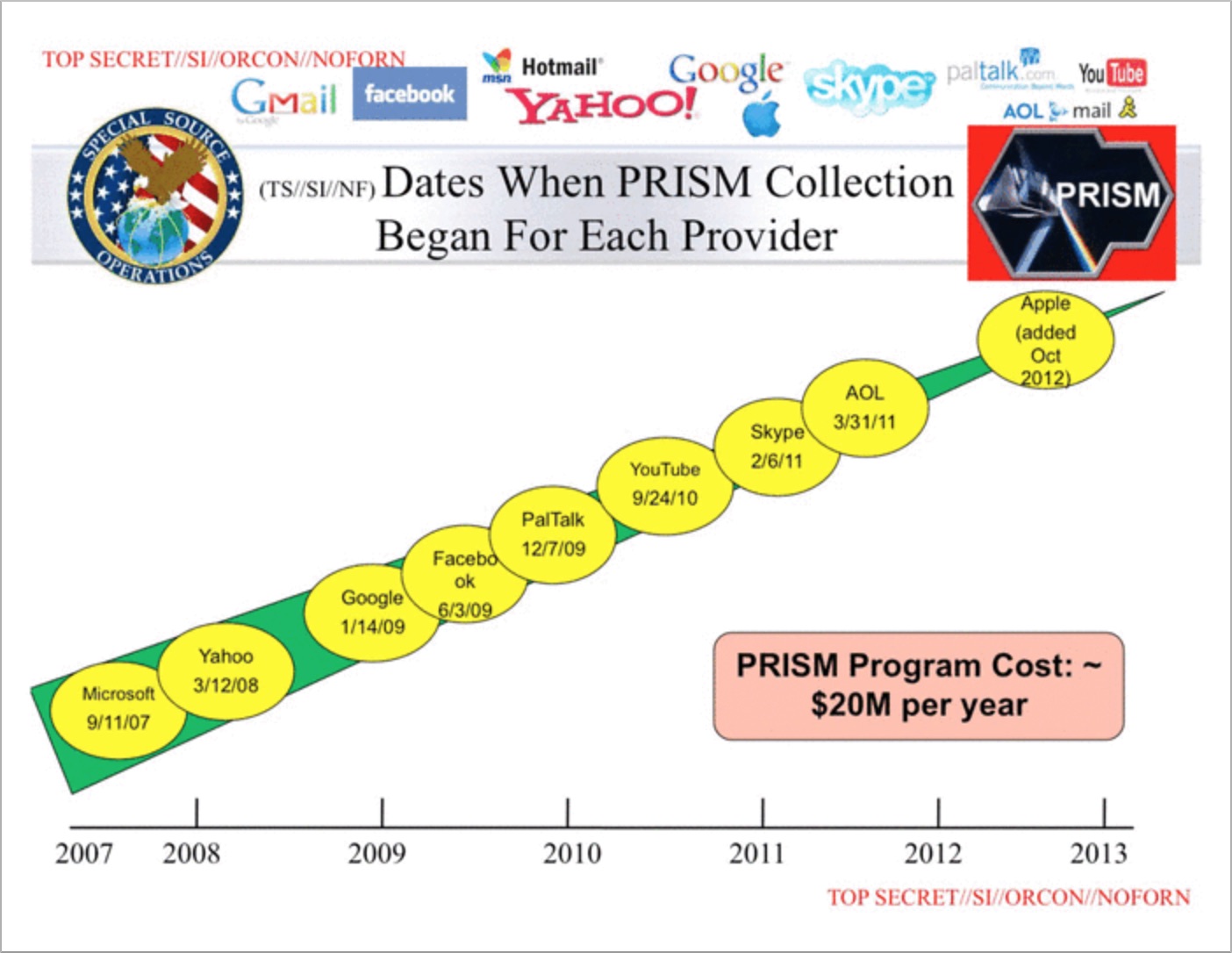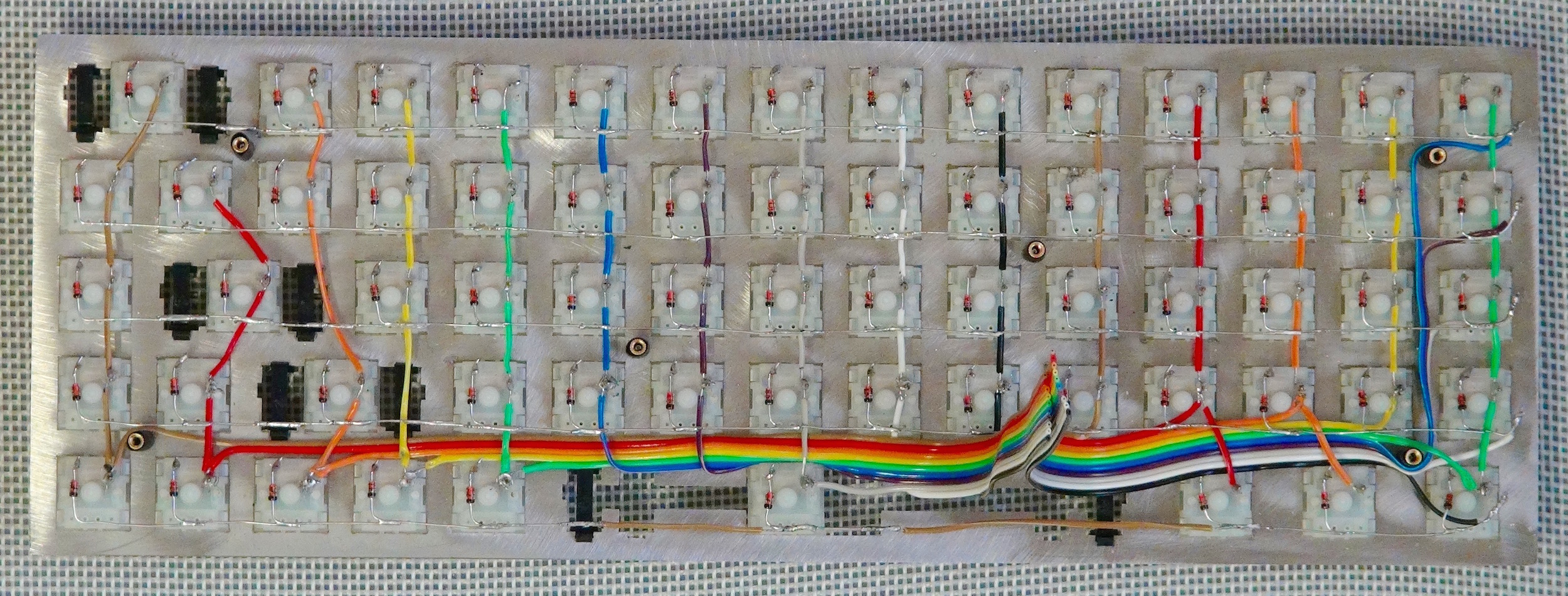The dirty little secret of global egg production
Eggs are an indispensable part of the global food market. Not just for that omelette you had for breakfast, eggs have many roles in baking, cosmetics, and in the production of medicines and vaccines. Somewhere north of 1.5 trillion eggs are produced each year. There are many varieties of chickens out there, but the eggs you buy in the store come from very specific breeds. What's most important to understand is the separation between broiler and layer breeds. Broilers are chickens raised to be sold for their meat. They grow quickly with less feed, and have more meat on them than layers. Layers are smaller chickens that are bred to produce large numbers of eggs. They do not grow as quickly and don't have a lot of meat on them, but they do produce more eggs with less feed. Note that in both cases, the breeds are geared towards the highest efficiency for their purpose. Newborn chicks (Wikimedia) Only about half a percent of all eggs produced worldwide go towards producing new layer chickens. That's about 8 billion eggs per year. The dirty little secret that farmers don't want to talk about, is that less than half of those eggs…



